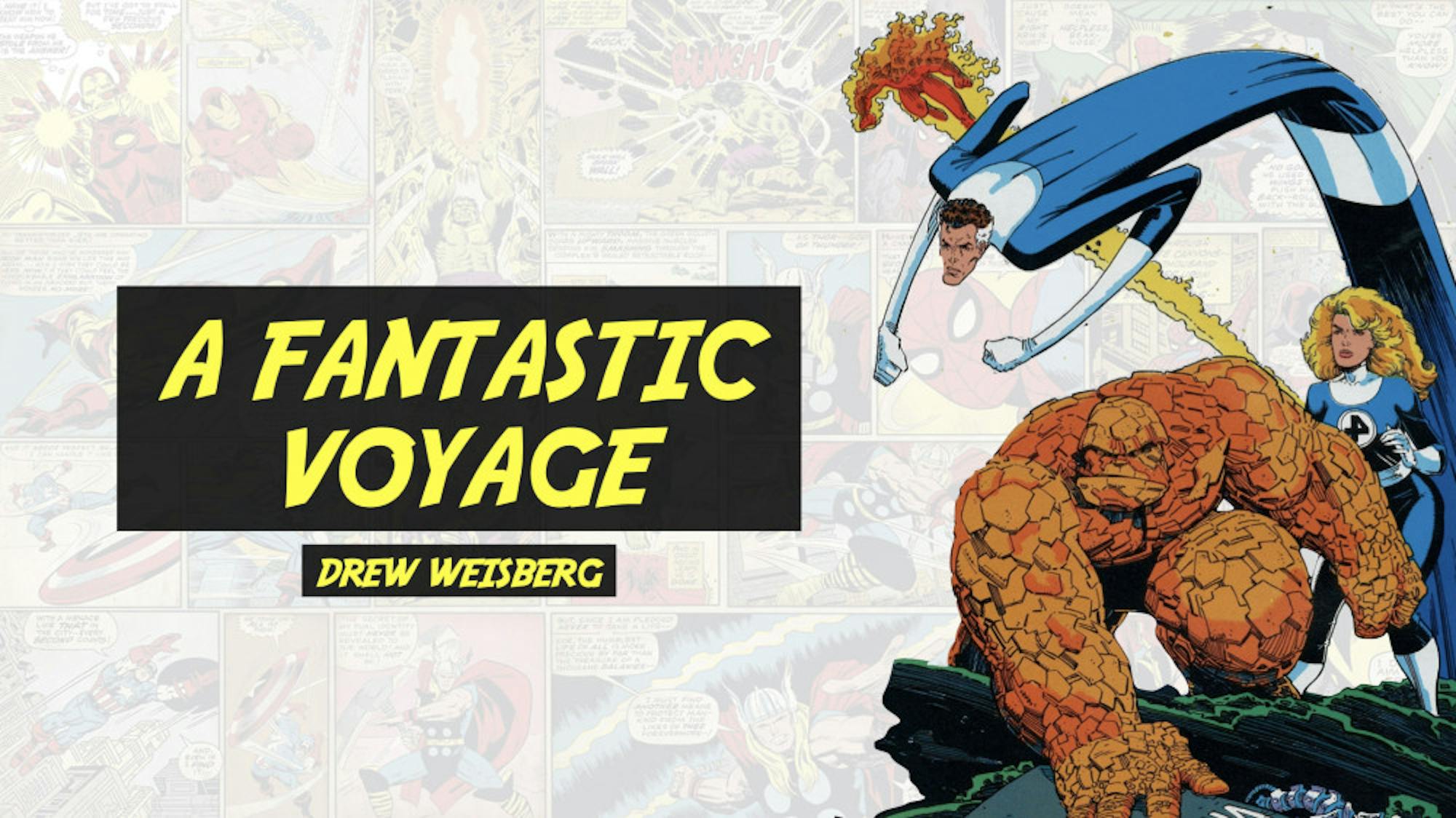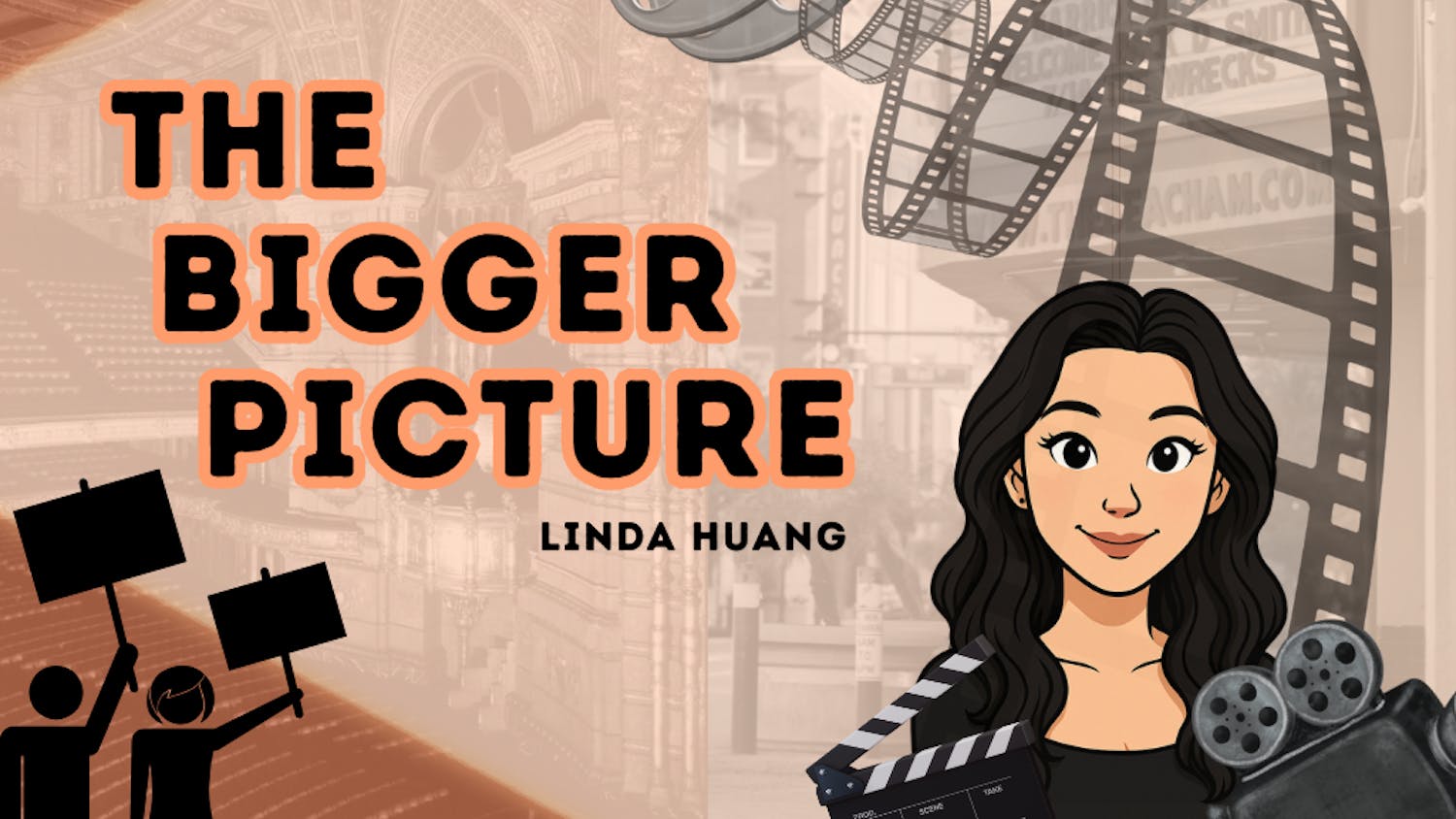An interesting note that differentiates comic book storytelling is the “crossover event,” which, in the years since its debut in the pages of “Secret Wars” (1984), has become a way to “shake it up” and add some variety to universes. It is in one such turbulent period for the Marvel Universe that we begin our journey, with Hickman’s “Dark Reign: Fantastic Four” (2009). For the uninformed, “Dark Reign” was a Marvel event taking place in the fallout of the “Secret Invasion” event, which saw ex-Spiderman villain Norman Osborn rise to power and force numerous heroes underground. This chaos would see the Fantastic Four’s home, the Baxter Building, besieged by Osborn's military force, H.A.M.M.E.R., all while Reed Richards is testing an experimental multiversal viewing device.
The story begins with the team (along with the Richards-Storm children, Franklin and Valeria) moving into the renovated Baxter Building when Norman and his goons enter and demand their surrender. In their rush, though, the goons cut the power, creating a warp in time and space that sends Susan, Johnny and Ben to various parallel universes while Reed views them from the safety of his lab.
The B and C stories of Susan, Johnny and Ben traveling from universe to universe as well as the kids taking care of themselves while their folks are away are fun, but not too memorable. Though they are all rendered beautifully in the art by Sean Chen, they don’t have long-lasting implications for their characters. They do, however, serve as entertaining counterpoints to Reed’s heady ponderings in the A story.
At this point, it would behoove me to mention that Reed Richards is the star of Hickman’s tale. While later arcs will expand the cast and flesh out the other core members of the team, Reed acts as the emotional fulcrum of this chapter and several going forward.
As Reed pours over the multiverse, he finds a common thread: his tactics are failing. This culminates in a fit of rage in the fourth issue. Reed announces, "All collective efforts were failures. The mass of successes were represented by my acting alone ... I have failed everyone ... And now the time has come to fix it,” as he powers down his multiversal telescope and returns the displaced Susan, Johnny and Ben to their home universe.
The story is simple, so much so that in a collection of Hickman’s run it has been described as a “prologue,” and yet it’s the catalyst for Reed’s obsessive and borderline megalomaniacal characterization in the various arcs to come. Reed’s desire to solve problems on a greater scale, his increasing distance from his family, a need to try new things and become a better man all begin here with his “peek behind the curtain." “Dark Reign: Fantastic Four” is the planting of Hickman’s flag, the point at which he held up the work of previous Fantastic Four writers and dared to say, “The status quo isn’t working.” In stories to come, Reed may have to sacrifice everything to solve everything.






